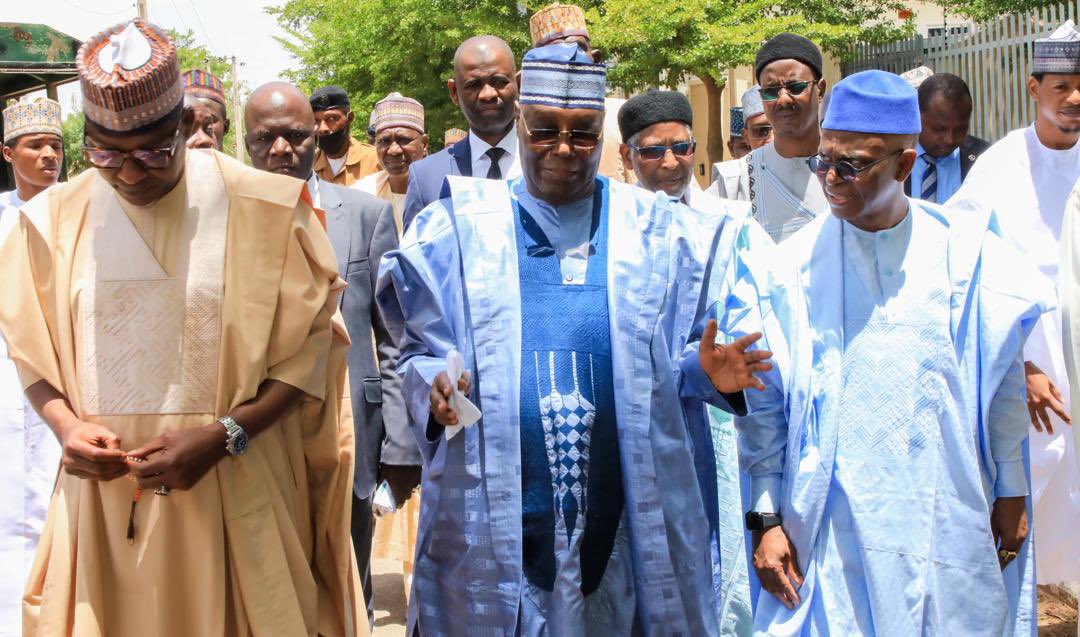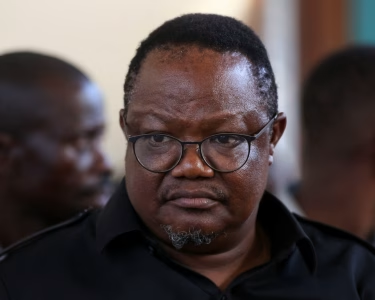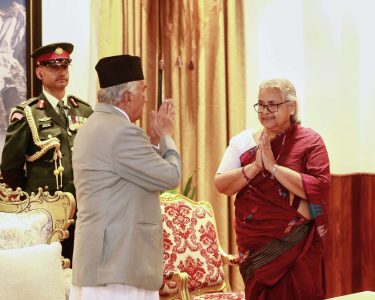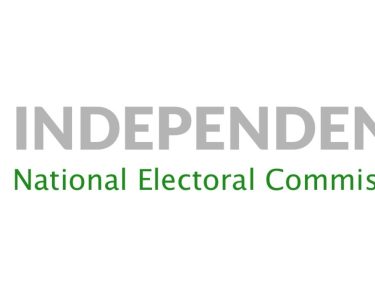Atiku Abubakar resigns from PDP
Hints at move to ADC
Summary
- Former Vice President quits PDP over irreconcilable differences
- Mass resignations follow in Atiku’s home base of Adamawa
- Speculation grows over his role in opposition coalition ahead of 2027
Abuja, Nigeria — Former Vice President Atiku Abubakar has formally resigned from the Peoples Democratic Party (PDP), citing irreconcilable differences and the party’s departure from its founding ideals.
In a letter dated 14 July 2025 and addressed to the PDP chairman of Jada 1 Ward in Adamawa State, Atiku said the party’s current trajectory no longer aligned with its original vision, prompting his immediate exit.
Describing the decision as difficult but necessary, Atiku expressed appreciation for the platform the PDP provided, including his tenure as Vice President from 1999 to 2007 and his candidacies in the 2019 and 2023 presidential elections. However, he noted that deepening internal crises made continued membership untenable.
His departure triggered a wave of resignations in Adamawa, as all local government and ward chairmen in Jada also quit the PDP, signalling strong grassroots support for his decision.
Attention has now turned to Atiku’s next move, with widespread reports suggesting he is likely to join the African Democratic Congress (ADC). The ADC is increasingly being viewed as the nucleus of a new opposition alliance aimed at unseating the All Progressives Congress (APC) in the 2027 general elections.
This development follows a string of defections by notable PDP figures, including former minister and PDP Board of Trustees member Adamu Waziri. It also comes amid mounting tension within the PDP, particularly between Atiku and Nyesom Wike, who is believed to wield considerable influence over the party’s current structure.
Reactions to Atiku’s resignation have been polarised. Former Benue State Governor Samuel Ortom accused him of being a “termite” who weakened the PDP during the last general election. Others on social media have suggested his exit is part of a broader strategy to reclaim the presidency, with some alleging the ADC is being positioned around his ambitions, potentially sidelining other opposition figures such as Peter Obi.
PDP insiders, including Bode George and former party legal adviser Jacob Mark, criticised Atiku for what they called anti-party behaviour and urged him to make his intentions clear by resigning formally, a step he has now fulfilled.
While Atiku has not officially announced his next political affiliation, his resignation and involvement in coalition talks with key opposition leaders such as Rotimi Amaechi, Nasir El-Rufai, and Peter Obi strongly indicate a strategic shift toward the ADC.
With the PDP facing further internal turmoil, A exit marks a turning point that could reshape Nigeria’s opposition politics ahead of the 2027 elections.







